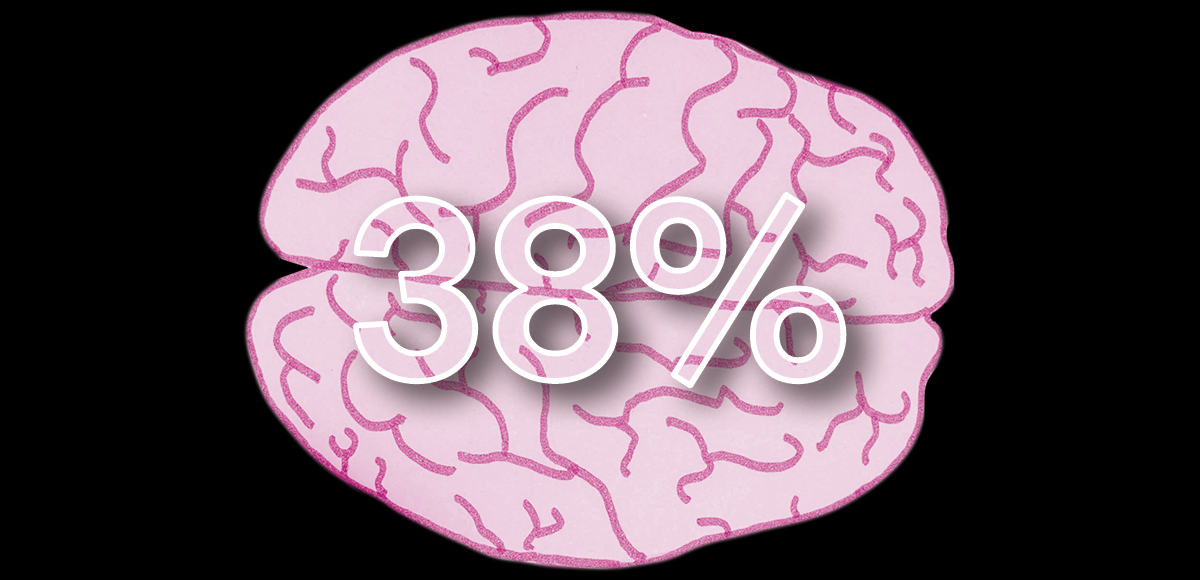How can I be there for someone going through a hard time without emotionally draining myself?
Whether you're running errands for a sleepless friend who needs postpartum help, sending job listings to your brother who's struggling at work, or letting your heartbroken coworker vent, being there for others can feel like a no-brainer. When we care about someone, even a little, we want to make their lives better when they're down.
It's hard and sometimes uncomfortable to watch your people in distress, and, as humans, it's instinctual to try to be of service, says therapist Nicole O'Brien, PhD, LMFT. But, even with an endless supply of good intentions, being part of anyone's emotional support system can be draining.
For starters, it's easy to get totally wrapped up in what someone else is going through, says therapist Hope Kelaher, LCSW. It's sort of like you're sitting in dirty bathwater with your friend instead of holding their hand from outside the tub, Kelaher explains. Generally speaking, setting boundaries can be tough when you're in it with them.
Plus, if you're already going through some heavy stuff, being there for someone else can feel extra taxing, explains therapist Rowen Beaudoin-Colegrove, LMFT. "If you're physically ill, it becomes harder for you to care for others who are ill. That can also be true for mental health challenges," Beaudoin-Colegrove says.
Same goes when their circumstances feel triggering to you. That can bring up an intense emotional response, like physical sensations, uncomfortable feelings, or unwanted memories, which require a lot of your energy to manage, explains Dr. O'Brien.
All of this is to say that it's normal to feel drained while being there for your person. But, if you let that drainage go unchecked, it can lead to burnout and mess with your relationships too, says Dr. O'Brien.
1. Take a beat before you offer support.
It makes sense if you wanna be there for friends or family right away when you see them in pain. You care! They need you! But when we don't ask ourselves if we truly have the capacity before jumping into action, it can lead to burnout, says Dr. O'Brien.
To avoid all of that, Kelaher suggests using these prompts to check in:
• How are my body and mind feeling?
• Can I give this person what they need right now?
• Do I have my own support if I jump in and whatever they're going through stirs up hard feelings for me?
If your answers give you the green light or tell you to proceed with caution, go for it. However, if you're getting a no, be honest.
Keep reading for 5 more expert tips on how to take care of yourself while taking care of others.







Nema komentara:
Objavi komentar